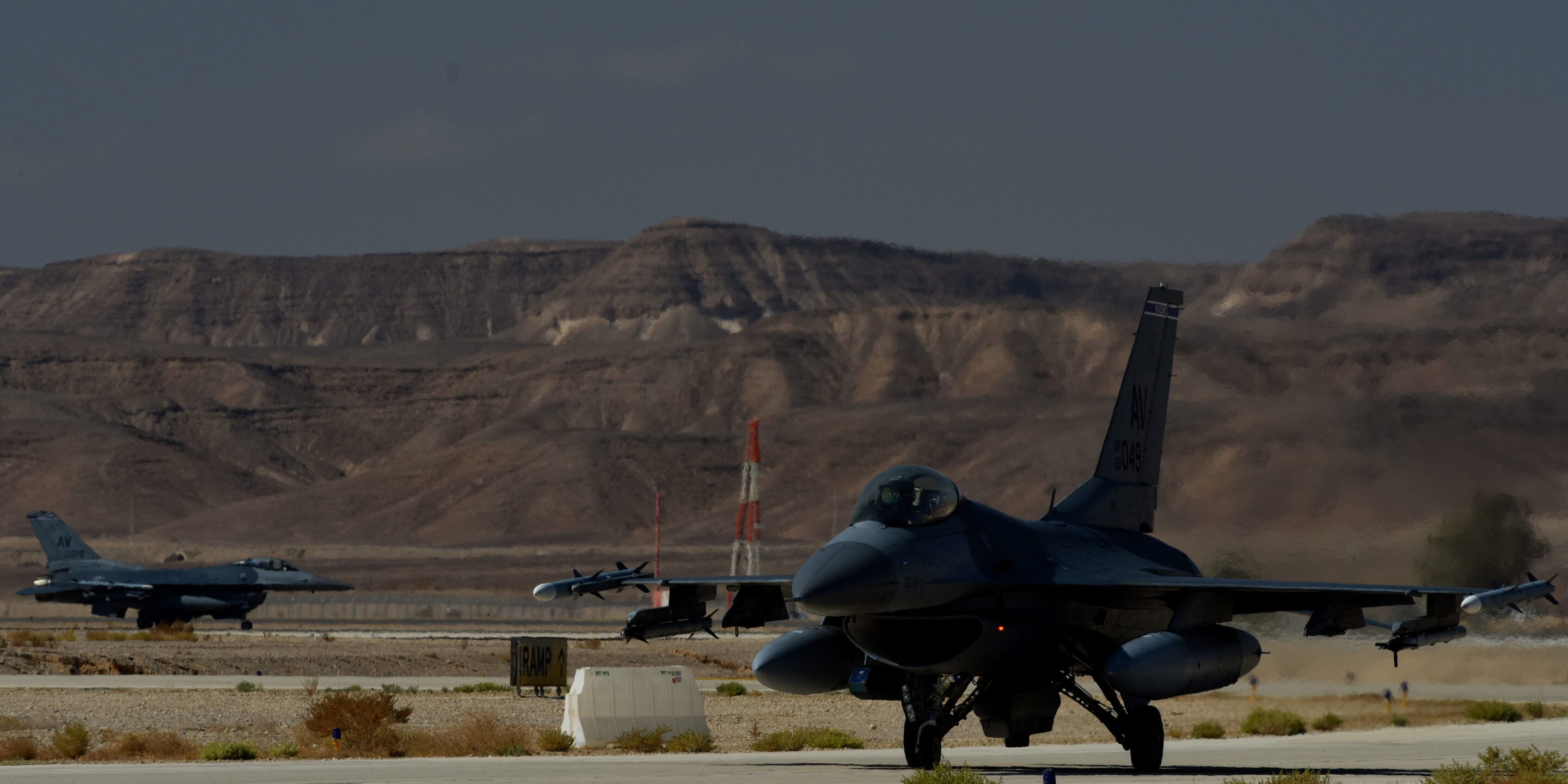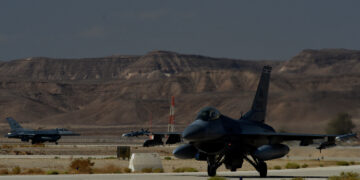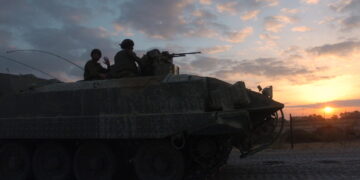October 9, 2023
How will the Israel-Hamas conflict affect U.S. policy?

It was the worst attack on the state of Israel in 50 years. About 1,000 terrorists affiliated with Hamas and the Palestinian Islamic Jihad sneaked into Israel from Gaza by air, land and sea, surprising the Israel Defense Forces, or IDF, and catching the normally capable Israeli intelligence services by complete surprise. The attack was as devastating as it was lethal. At the time of writing, Israeli security forces were still trying to flush out terrorist fighters holed up in small Israeli towns close to the Gaza border.
“This is our 9/11,” a spokesperson for the IDF said. “They got us.”
More than 700 Israelis were killed in a single day. Nine Americans lost their lives as well, according to the State Department. Dozens of people have been kidnapped by Palestinian militants and sent back to Gaza, presumably to be used as bargaining chips in prison release negotiations. The Hamas rocket fire continues, forcing hundreds of thousands of Israelis in the immediate area to run to bomb shelters.
Amid the chaos, numerous questions are swirling. Most of them don’t have clear answers at the moment.
The most immediate question on the list: How exactly will Israel respond?
More on Middle East

By Jennifer Kavanagh and Dan Caldwell
July 9, 2025
Events on Israel-Hamas








